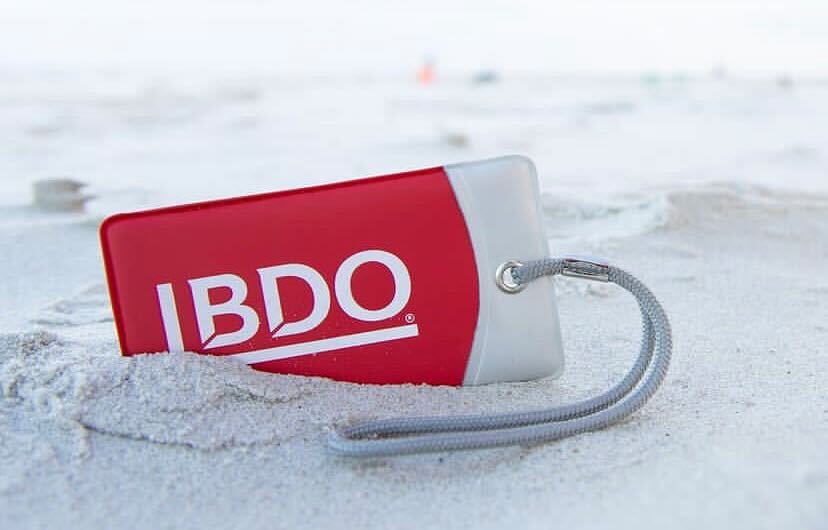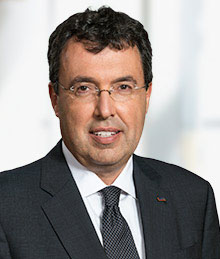Firm Management
BDO USA Calls Its New ESOP ‘a Game-Changer’ for the Profession
The sixth-largest public accounting firm in the U.S. said on Monday its ESOP would be among the largest in the country.
Aug. 14, 2023

BDO USA P.A., the sixth-largest public accounting firm in the U.S., said on Monday that it is establishing an employee stock ownership plan (ESOP)—which would allow its more than 10,000 professionals to buy a shared stake in the CPA firm—that is expected to become effective later this month.
According to published reports, the firm’s 860 partners voted on Aug. 11 to approve the ESOP during a meeting in Orlando, FL.
BDO’s ESOP is believed to be the first such employee stock plan offered by a public accounting firm in the U.S. that is a part of a large global network. BDO leaders also say that the firm’s ESOP would be one of the largest in the country.

“An ESOP is the realization of our purpose of helping people thrive, every day. It is a game-changer for our people, clients, and communities, designed to improve lives for generations to come,” BDO USA CEO Wayne Berson said in a press release. “Amid the changing landscape of our profession, the ESOP unlocks the value of our firm today and embodies our strategy to sustain a strong, caring, and resilient business for tomorrow. We are proud to establish this ESOP to invest in each other so everyone who contributes to our success has the opportunity to benefit from it.”
Allan Koltin, CEO of Koltin Consulting Group, who has advised BDO on many of its acquisitions of smaller accounting firms through the years, called the firm’s ESOP a “truly groundbreaking event for BDO and the profession.”
“At a time where firms are either increasing capital requirements of the partnership or selling parts of their firm to private equity or wealth management firms, BDO chose a completely different path,” he said. “The ESOP was a two for one—it helped create the capital but also gave their people a potential piece of the rock.”
Apollo Capital Solutions is providing a $1.3 billion line of credit to finance the funds needed to begin buying equity stakes from BDO partners, as well as to realign the firm’s other operating and pension obligations, Bloomberg Tax reported on Monday. Tax savings from operating the trust—the firm’s contributions are tax deductible—will free up cash that BDO can then invest in its staff, all without tacking on additional debt, Berson told Bloomberg Tax in an interview.
Partners and client-facing employees will accumulate shares based on their compensation and how long they stay with the firm. The retirement benefit is in addition to the firm’s 401(k) retirement plan and will replace future pension payments for current partners, Berson told Bloomberg Tax.
An ESOP is a qualified retirement plan established as a trust, where current and future employees receive beneficial ownership in the company over time. Through the allocation of company stock, participating BDO USA professionals will be able to access a retirement plan that requires no out-of-pocket contribution, helping them plan for their future financial well-being, the firm said.
According to Bloomberg Tax, the trust BDO set up will own a nearly 43% stake in the firm once the new retirement plan is up and running at the end of this month. Over time, the trust will acquire 100% ownership of BDO, Berson said.
“The ESOP also has material benefit to the firm,” said BDO USA COO Steve Ferrara. “It allows for continued investment in quality, as well as operations and growth strategies, while maintaining continuity in leadership and commitment to a longstanding vision and purpose.”
This ESOP news comes on the heels of BDO USA changing its legal structure from a partnership to a professional services corporation. The firm officially changed its name from BDO USA LLP to BDO USA P.A. on July 1.
The firm also announced in early July that its revenue for fiscal year 2023 increased 13% to $2.8 billion.
The ESOP and related transactions are expected to become effective on Aug. 31, BDO said. The firm also noted that its fiscal year end will change—from April 30 to Dec. 31.
